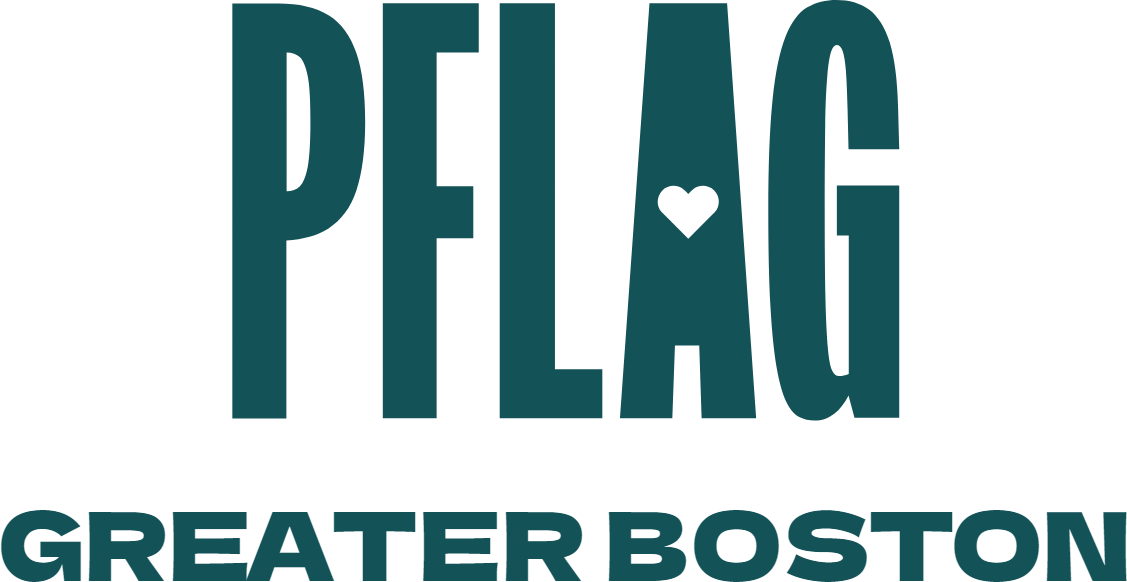Banned Books: I saw myself & everyone should
Like many shy, awkward kids, I was an avid reader. I consumed books. Inhabited them. And from a young age, it was easy for me to see myself in the main characters, assume their realities, and grapple with my place in the world via their stories. Like the titular character in Bread and Jam For Frances, I was deeply suspicious of soft-boiled eggs and prone to repetition in my food choices. I saw my insatiable curiosity about the lives of others in Harriet the Spy. I identified with the yearning to be like everyone else and grow up, already presented in Judy Blume’s Are You There, God? It’s Me, Margaret. There was never a shortage of identities to assume, worlds to get lost in, and possibilities to explore.
I never had to wonder where the kids like me or the families like mine were being written about, as books about white, suburban families were plentiful. I never had to wonder why I didn’t see my two moms represented or where I could find a young adult novel that celebrated love and attraction for someone of the same sex rather than the common theme of grappling with shame and confusion and the fear of being found out. I didn’t have to search for books with characters who just happened to be the same race as me rather than their race being the source of struggle in the narrative. I didn’t have to search hard for accurate representation, nor did I suffer the diminishing of my reality. I had the privilege of always having what educator Emily Style calls “mirrors and windows” in books: Mirrors allow readers to reflect on their identity and qualities, make sense of their relation to the world, and feel a sense of belonging. Windows allows the reader to experience life from a different perspective and develop an understanding of the rich diversity that surrounds us.
There has been a dramatic rise in book challenges and book bans over the past few years. According to the American Library Association (ALA), the number of challenged books nearly doubled from 2021 to 2022, with more than 1,200 challenges of more than 2,500 books. A recent analysis by PEN America found that most challenged titles are about communities of color, the history of racism in America, and LGBTQ characters. In fact, one in three books restricted by school districts in the past year featured LGBTQ themes or characters. Challenges to these books often cite content as being “not age-appropriate” and/or “sexually explicit” despite not having sexual content at all, when it’s the presence of LGBTQ+ characters that those calling for book bans object to. If a book can mention a heterosexual couple without causing a stir, the same should be true for books with same-sex couples, gay characters, or transgender and non-binary characters.
When students don’t see themselves reflected in books or get a view into positive possibilities for the future, it harms their sense of self. Attempts to remove books with LGBTQ+ or BIPOC characters send the message that such people’s experience in the world is not appropriate to be viewed, that the people themselves are not important, and that learning about their identity, accomplishments, and culture is unnecessary. The sense of loss, hurt, confusion, and disconnection is profound as the environments where these books are banned become less safe for individuals whose identities are called into question. All students suffer, as those whose education is limited in diverse topics will find themselves unprepared to succeed in the world beyond school. Banning books invalidates people, erases their history, and calls into question their future.
This is the point of a book challenge or ban. Those seeking to ban books want to severely curtail what’s normal and accepted in schools and libraries and, ultimately, in the world. They want to limit the narrative to something they agree with that makes them look good and doesn’t cause discomfort. They want to invalidate people, erase their history, and call into question their future.
We cannot let this happen.
Greater Boston PFLAG has written a toolkit for responding to book bans, and what better time to start than during Banned Books Week? Thank a librarian. Host a literacy event. Donate books that represent all identities to schools and Little Free Libraries. Keep the past, present, and future safe for all readers.

